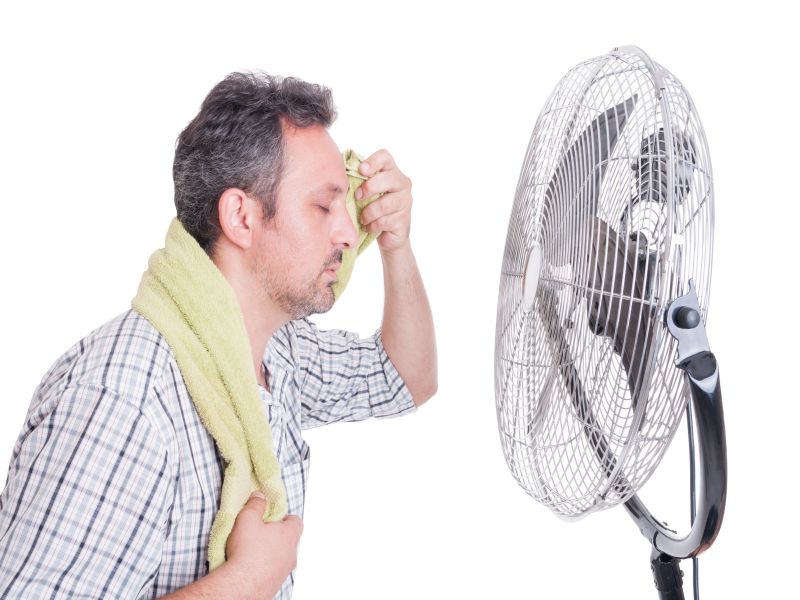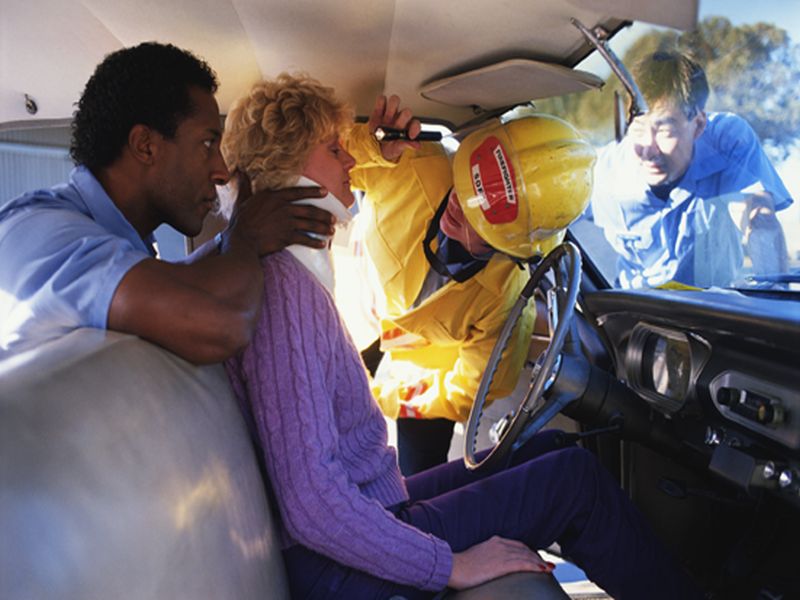
Thousands of vehicle crashes occur in parking lots and garages annually, says the National Safety Council. Around the holidays in particular, parking lots become even more dangerous. To stay safer in a parking lot, the council recommends: Stay in your lane. Avoid cutting across the lot. Drive slowly and use directional signals. Anticipate the actions… read on >



























